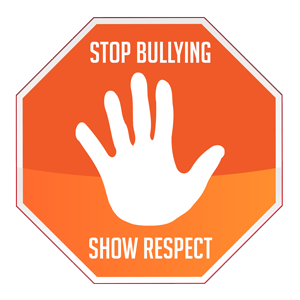Suicide prevention is everyone’s business.
Schools are often a youth's first source of support for mental health needs. During breaks and extended time away from school, students can find themselves in need of support and unsure of how to ask. According to the American Foundation for Suicide Prevention (AFSP), suicide is the 10th leading cause of death in the United States. Suicide pevention is a team effort. Together we can prevent suicide.
AFSP provides guidance of simple steps that can be taken to help prevent suicide, not only during these uncertain times of COVID-19, but in all times. Identifying signs, asking the question, and connection to services are key concepts in this effort. Suicide is preventable. We all have a role to play.
Spring Break can be a relaxing and enjoyable time; however, some students may experience increased anxiety or depression. The National Association of School Psychologists (NASP) provides these tips to look for over the break:
Risk Factors
- Hopelessness
- Non-suicidal self injury (e.g., cutting)
- Mental illness, especially severe
- depression, but also post traumatic
- stress, ADHD, and substance abuse
- History of suicidal thinking and behavior
- Prior suicide among peers or family
- members
- Interpersonal conflict, family
- stress/dysfunction
- Presence of a firearm in the home
Warning Signs
- Suicidal threats in the form of direct (e.g., “I want to die”) and indirect (e.g. “I wish I could go to sleep and not wake up”) statements
- Suicide notes, plans, online postings
- Making final arrangements
- Preoccupation with death
- Giving away prized possessions
- Talking about death
- Sudden unexplained happiness
- Increased risk taking
- Heavy drug/alcohol use
What To Do
- Remain calm, nonjudgmental and listen.
- Ask directly about suicide (e.g., “Are you
- thinking about suicide”).
- Focus on your concern for their well-being
- Avoid being accusatory (e.g., don’t say, “You
- aren’t going to do anything stupid are you?”).
- Reassure them that there is help; they will
- not feel like this forever.
- Provide constant supervision. Do not leave
- the youth alone.
- Remove means for self-harm, especially
- firearms.
Reminders For Parents
- Continue to take threats seriously. Follow through is important even after the child calms down or informs the parent "they didn't mean it.“
- Access school supports. If parents are uncomfortable with following through on referrals, they can give the school psychologist permission to contact the referral agency, provide referral information, and follow up on the visit.
- Maintain communication with school. After an intervention, the school will also provide follow-up supports. Your communication will be crucial to ensuring that the school is the safest, most comfortable place possible for your child.
- Get help! Never agree to keep suicidal thoughts a secret. Parents should seek help from school or community mental health resources as soon as possible. School staff should take the student to a school- employed mental health professional.
If you or someone you know is suicidal, get help immediately via 911, the National Suicide Prevention Lifeline at 1-800-273-TALK or the Crisis Text Line (text “HOME” to 741741).
During a mental health crisis, please call 727-372-4357 to speak with the Mobile Crisis Response Team (Pasco County).
Suicide is preventable. Youth who are contemplating suicide frequently give warning signs. Do not be afraid to ask about suicidal thoughts. Never take warning signs lightly or promise to keep them secret.
Learn how to care for you own mental health.
Download our self-care guide at afsp.org/KeepGoing.
Have a #RealConvo with someone in your life.
View our #RealConvo guides at afsp.org/RealConvo.
Reach out to your public officials to demand smart mental health legislation.
Learn how to advocate and take action to prevent suicide at afsp.org/ActionCenter.
Bring suicide education and support programs to your school, workplace and community.
Connect with your local chapter representative at afsp.org/Tampa.
Share the warning signs, and learn what research tells us about suicide.
Learn more about the warning signs at afsp.org/Signs.
Add crisis resources to your phone, and encourage friends and family to do the same.
Find a list of suicide prevention resources at afsp.org/Resources.
Connect suicide loss survivors to healing resources.
Explore loss and healing resources at afsp.org/loss.
If you or someone you know is contemplating suicide, please reach out to the Suicide Prevention Hotline by phone or text 741741.
Please click on the following resources or contact a Student Services team member to learn more.
| National Suicide Prevention Lifeline |
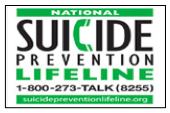 |
|
Tips for Parents and Teachers |
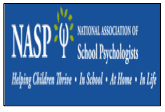 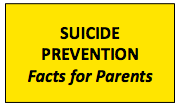  |
|
Tips for Students – When To Get Help |
 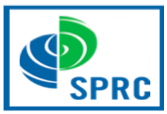 |
|
Ayuda En Español |
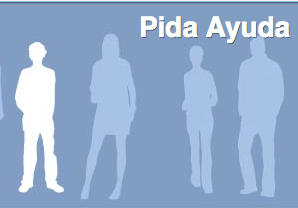  |





